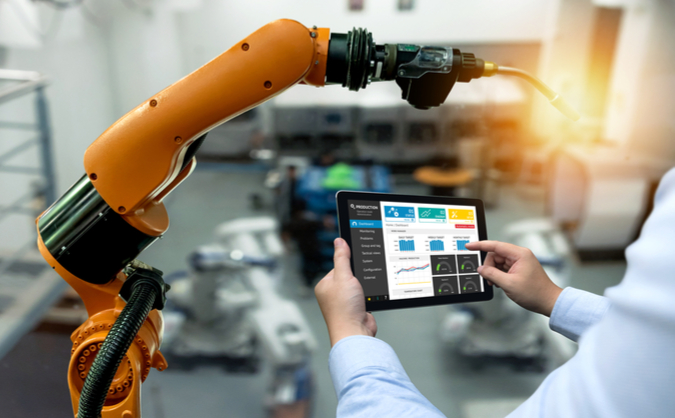DHL and IBM Unveil the Potential of AI in Logistics
 DHL and IMB have recently published a combined report on the future of Artificial Intelligence (AI) in logistics, outlining its potential to digitally transform the industry and develop new intelligent approaches. In the world where improved performance and accessibility become affordable as never before, AI-infused technologies can be put at the service of supply chain operators to the full advantage of all industry members, the two companies state.
DHL and IMB have recently published a combined report on the future of Artificial Intelligence (AI) in logistics, outlining its potential to digitally transform the industry and develop new intelligent approaches. In the world where improved performance and accessibility become affordable as never before, AI-infused technologies can be put at the service of supply chain operators to the full advantage of all industry members, the two companies state.
According to the report, AI has a potential to boost human performance in the logistics industry. To illustrate this point, various instances of AI implementation in logistics are described, such as voice assistant applications and demand forecasting technologies.
"Today's current technology, business, and societal conditions favor a paradigm shift to proactive and predictive logistics operations more than any previous time in history," says Matthias Heutger, Senior Vice President and Global Head of Innovation DHL. "As the technological progress in the field of AI is proceeding at great pace, we see it as our duty to explore, together with our customers and employees, how AI will shape the logistics industry's future."
AI has finally overcome the laboratory stage of development and became ubiquitous in our everyday life. This means, time is to implement the technology across the industries, including logistics, where it can help automating processes and improving operational environment. AI-infused solutions, such as conversational interfaces and image recognition, are already widely used in engineering and manufacturing, streamlining production and maintenance. Another AI-related technology, machine learning, is currently successfully used in automotive industry to power the development of autonomous vehicles. For logistics, machine learning can generate valuable insights to enable the shift from reactive to predictive paradigm. In future, the industry should become not only predictive, but proactive, personalized, and autonomous, the report states.
One of the peculiar examples of AI-infused logistics solutions cited — a new DHL cloud-based tool that helps to mitigate risks by monitoring the content of online sources and implementing sentiment analysis of employees’ behavior. Another example featured in the report is a tool providing directional prediction through analysis of 240 million variables, including import and export data from countries measured in freight levels.
"Technology is changing the logistics industry's traditional value chains, and ecosystems are reshaping enterprises, industries and economies," explains Keith Dierkx, IBM Global Industry Leader for Freight, Logistics, and Rail. "By leveraging AI into core processes, companies can invest more in strategic growth imperatives to modernize or eliminate legacy application systems. This can make existing assets and infrastructure more efficient, while providing the workforce with time to enhance their skills and capabilities."
DHL and IBM say AI is becoming pervasive across all industries, in the same way as it has already conquered the consumer realm. The report is intended to assist market players in AI adoption, providing valuable observation and description of successfully implemented solutions, which enable exemplary performance.